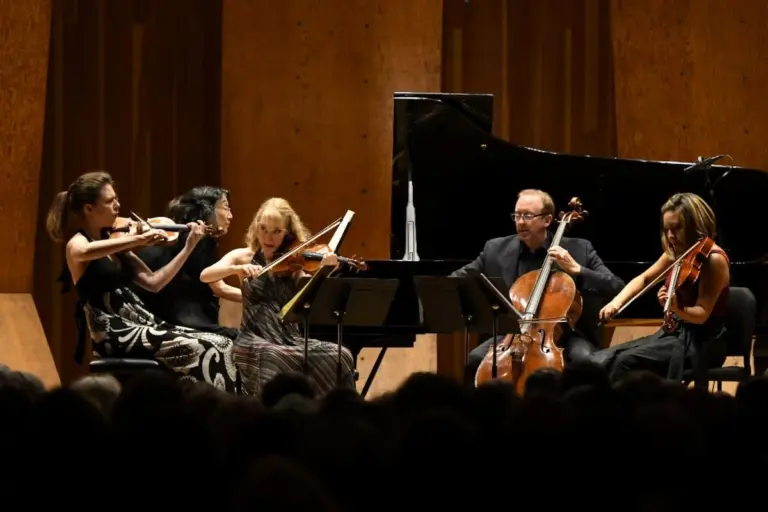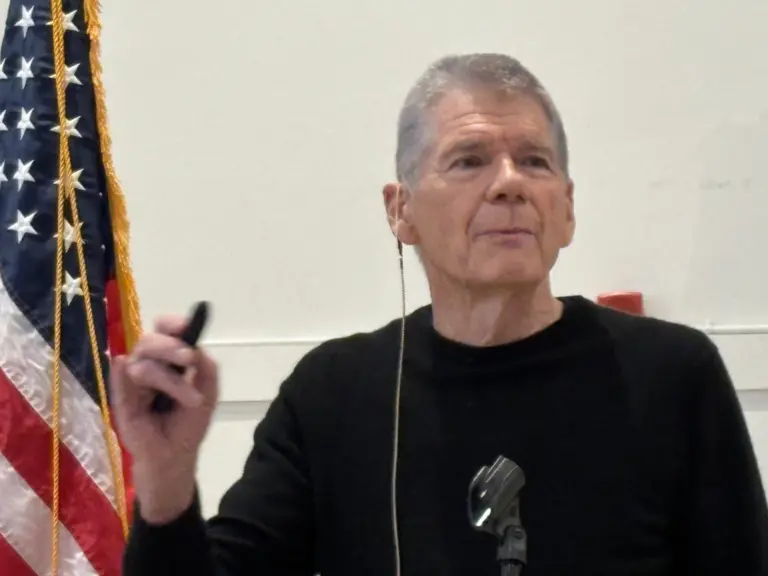In the early years of this republic, the right to vote was not a birthright but a narrow privilege. It was held by a select few—mostly landowning men— who stood at the center of civic life while others waited outside the circle. America was founded on the idea that liberty was a universal gift, yet its practice came slowly. Over the centuries, ordinary citizens—abolitionists, suffragists, civil rights leaders—pushed against the boundaries of that early exclusivity. They believed that the promise of the Constitution must belong to everyone.
The Constitution itself said little about who could vote. It left the matter to the states, and for decades that meant the electorate remained small, guarded, and exclusive. But the American instinct toward fairness, that restless sense of justice, would not stay quiet. The 15th Amendment gave the franchise to men of every race; the 19th gave it to women. Later, the Voting Rights Act helped dismantle poll taxes and literacy tests—devices that had kept too many citizens from the ballot box. These victories remind us that the right to vote was not handed down like an heirloom; it was claimed and secured through generations of struggle and sacrifice.
We still need to guard it. History tells us that freedom, when left unattended, can fade. Complacency is a kind of quiet erosion—it eats away at the base of things until the structure shakes. The surest protection of democracy is participation in it.
Think about this: in 2000, the presidency turned on 537 votes in Florida. A handful of people — barely enough to fill a Greenwich theater—altered the course of the nation. The lesson is simple and permanent: small numbers matter. Local elections matter. The people who serve on boards of education and finance, who decide how our towns are run, affect our daily lives more than distant figures in Washington ever could.
In Greenwich, we are fortunate. We have a tradition of civic engagement that is rare and admirable. In 2023, nearly 63 percent of residents came out to vote in the municipal election—a remarkable figure for a local contest. It speaks to something steady in this community: a belief that public service is a trust and that those chosen to lead should be worthy of it.
Election Day is a little over a week away. Early voting has begun in the Town Hall Meeting Room, and the schedule is posted on the town’s website. On Tuesday, November 4, polls will open at 6 a.m. and close at 8 p.m. It is one of those simple, sacred rituals of American life—the quiet walk to a polling place, the names checked off, the small circle filled in.
This year, voters will choose members of our local boards: Selectmen, Education, Estimate and Taxation, and others whose decisions will shape the direction of our town. The future of Greenwich, like the future of the country, is always being written at the ballot box.
Abraham Lincoln once said, “Elections belong to the people. It’s their decision. If they decide to turn their back on the fire and burn their behinds, then they will just have to sit on their blisters.” There was humor in it, but also warning. Democracy is not self-maintaining; it runs on attention, duty, and care.
So let us vote—not out of habit or partisanship, but out of gratitude. The right to vote is the rarest of civic gifts: it costs us little but demands of us everything. Each ballot is a quiet affirmation of faith—that self-government still works, that freedom still matters, that the people, in all their ordinary wisdom, still rule.




